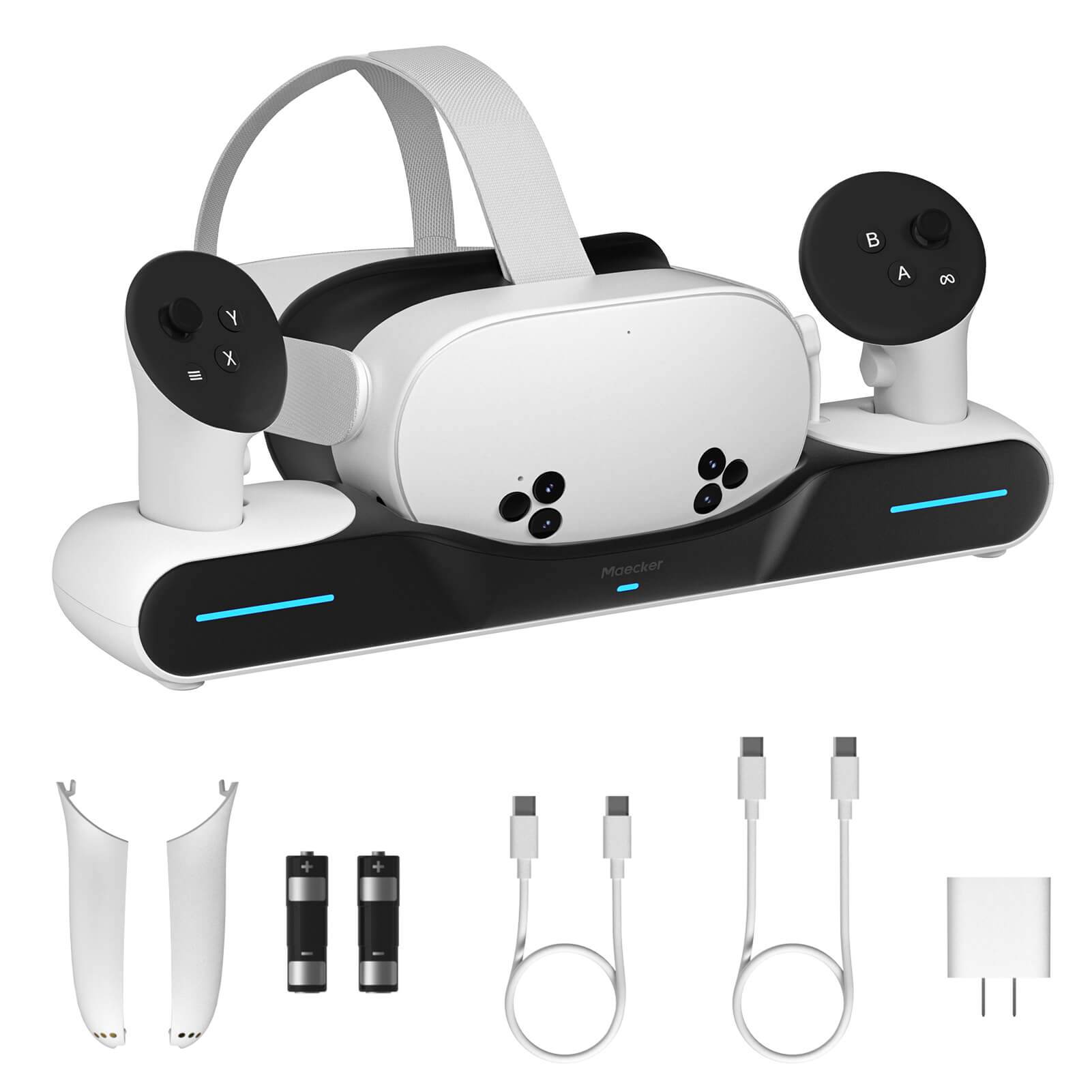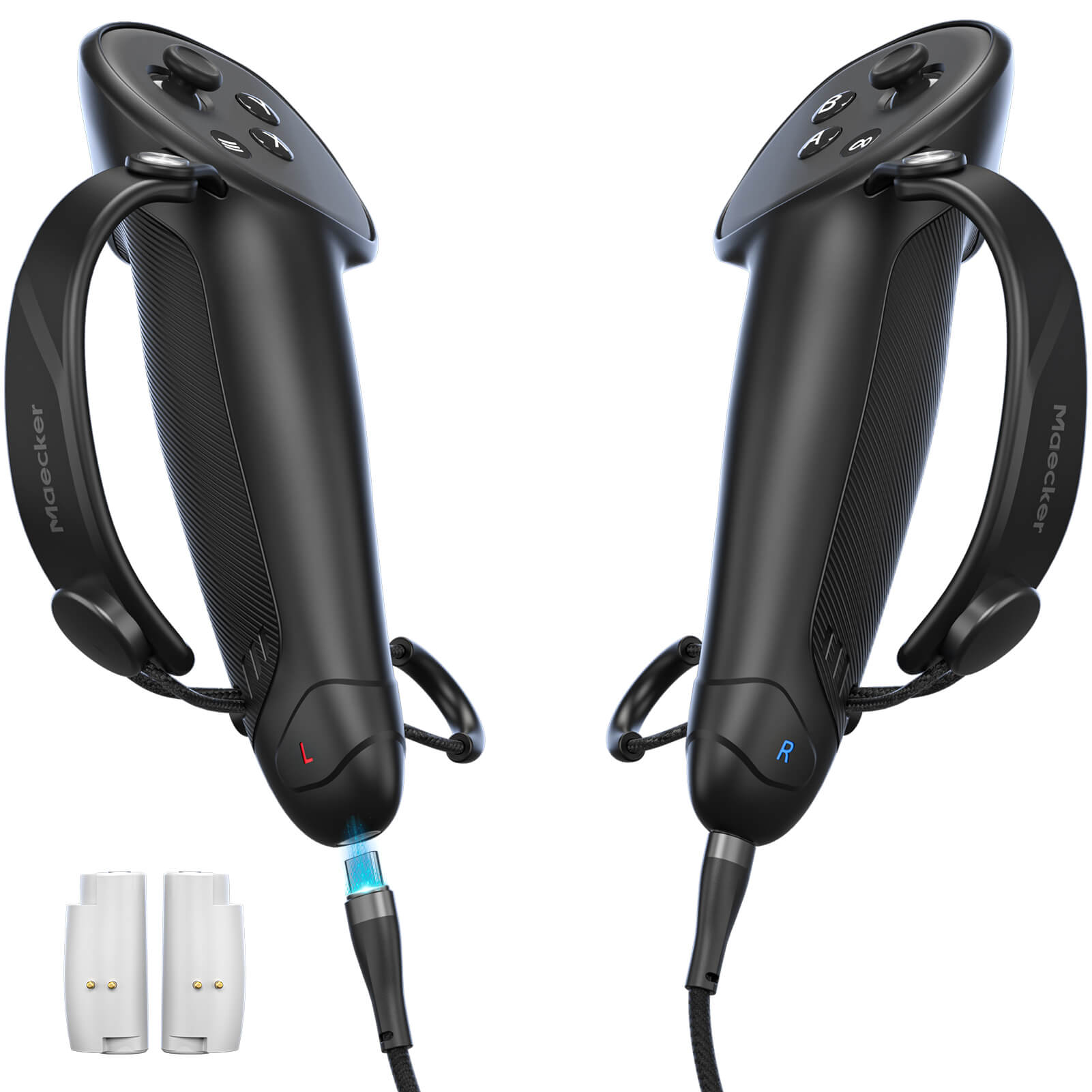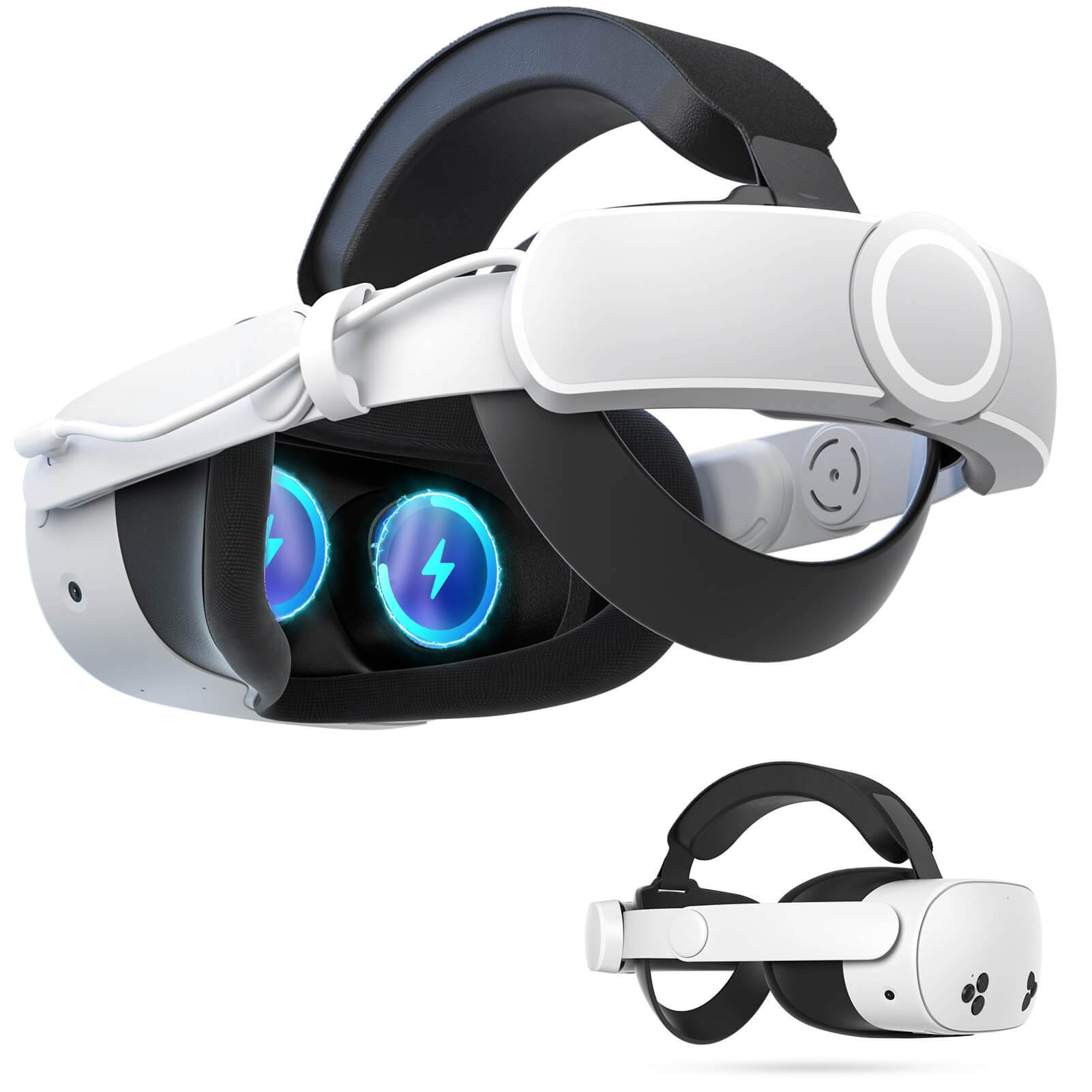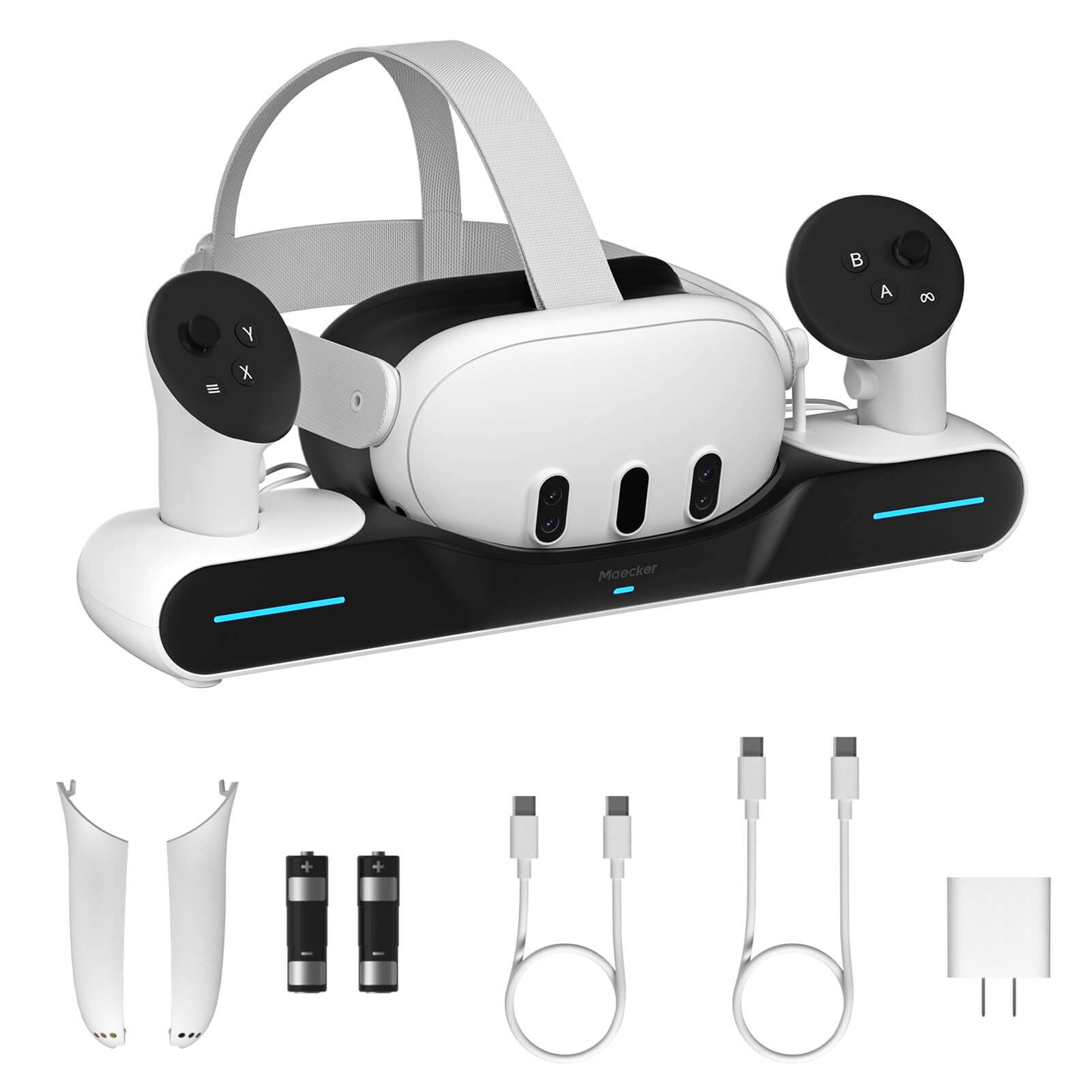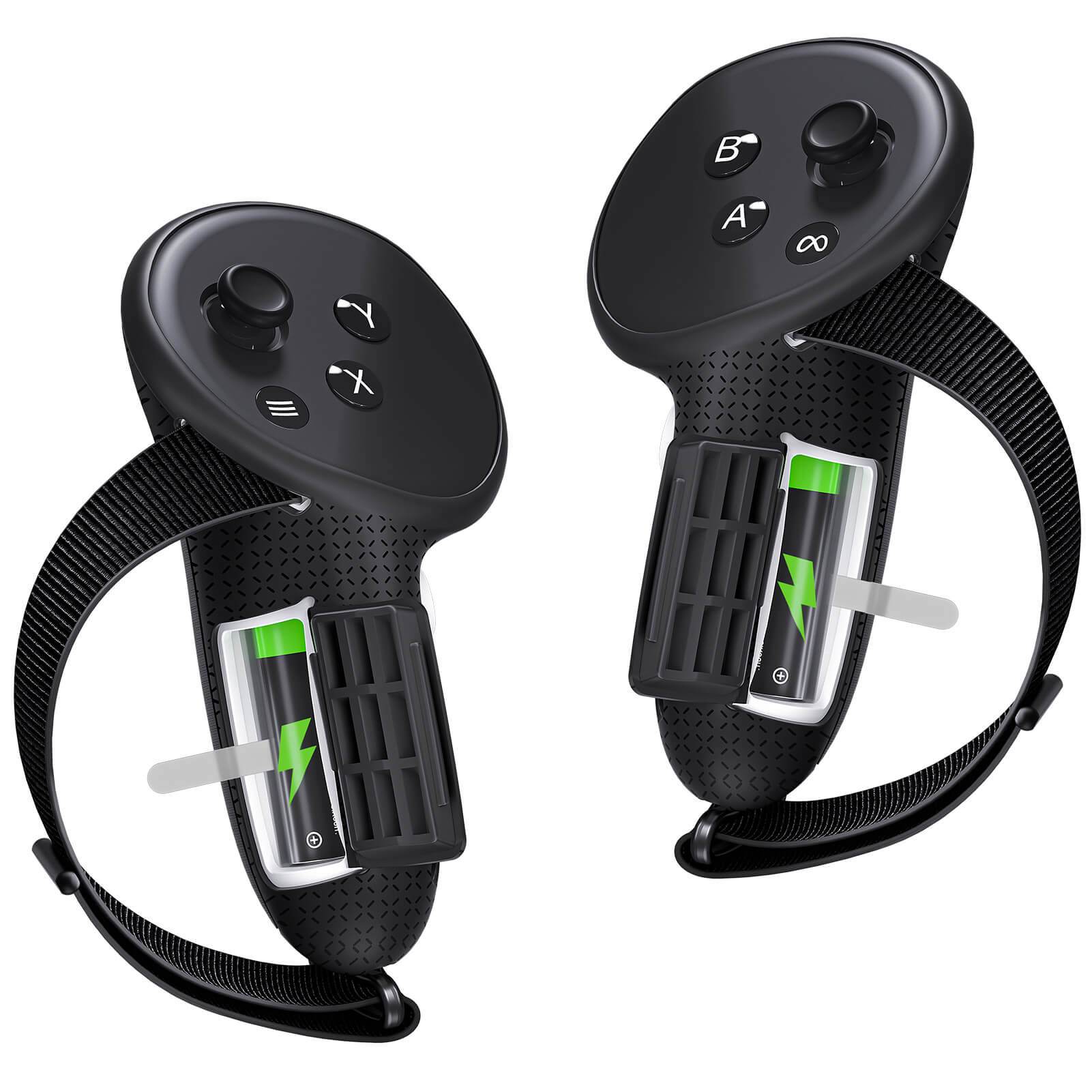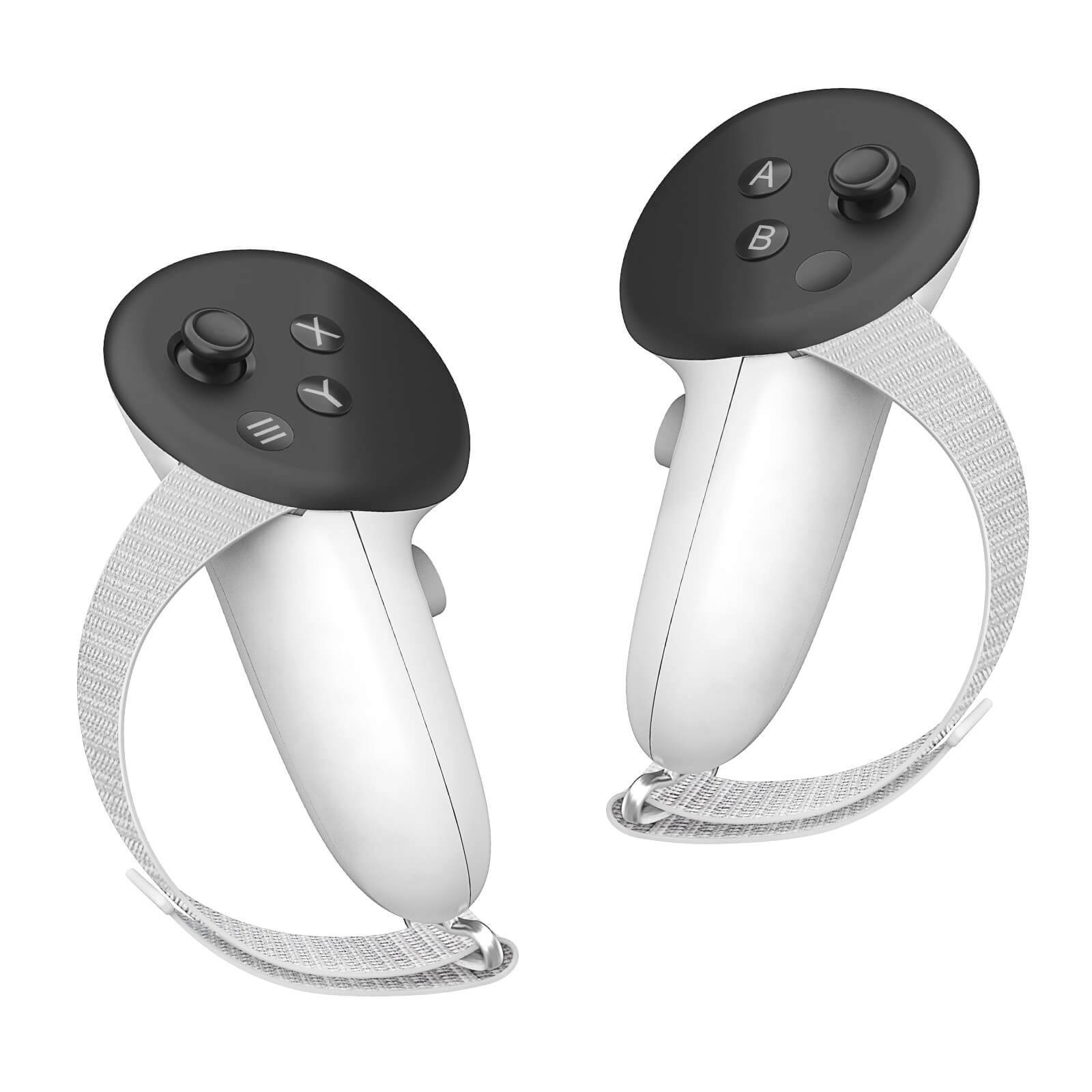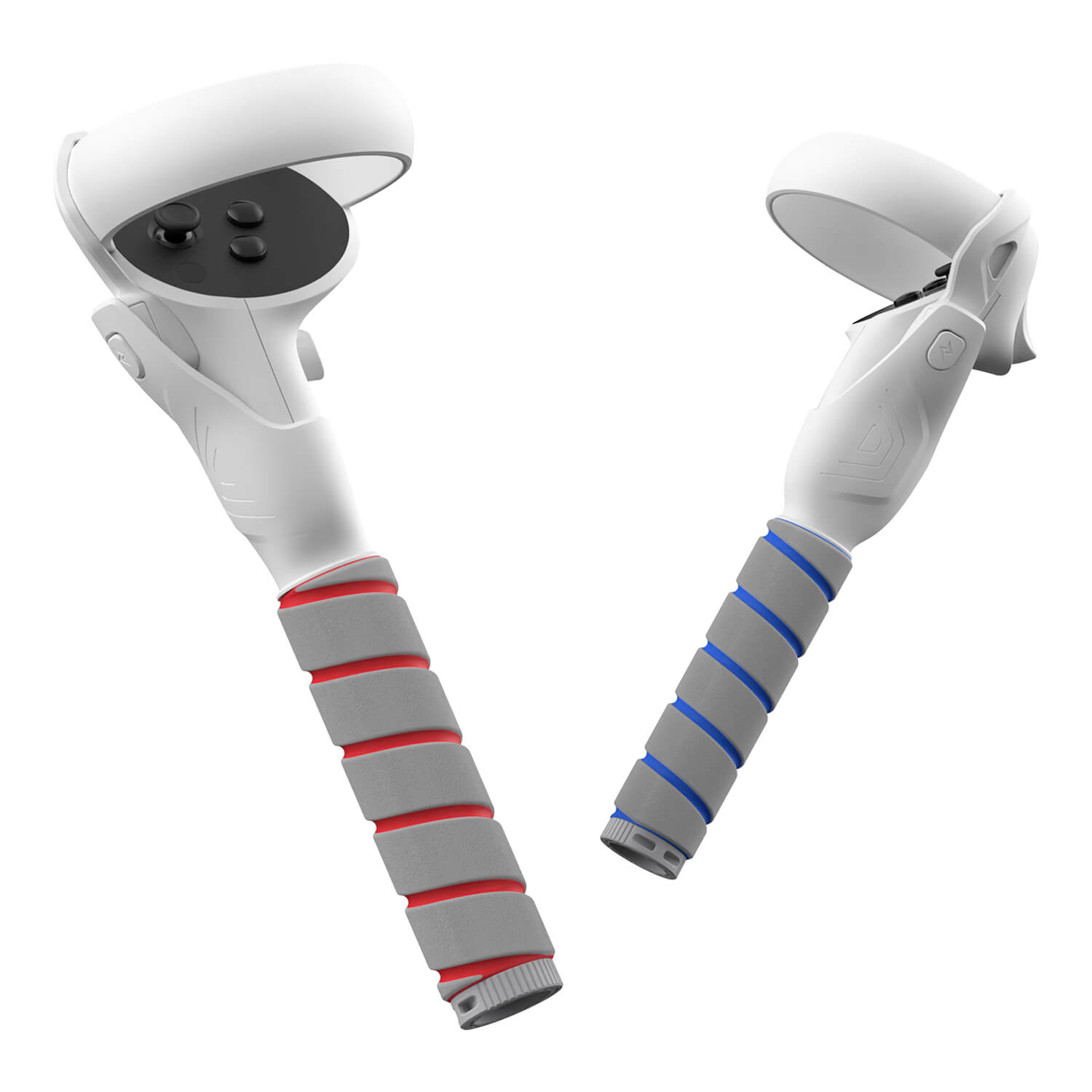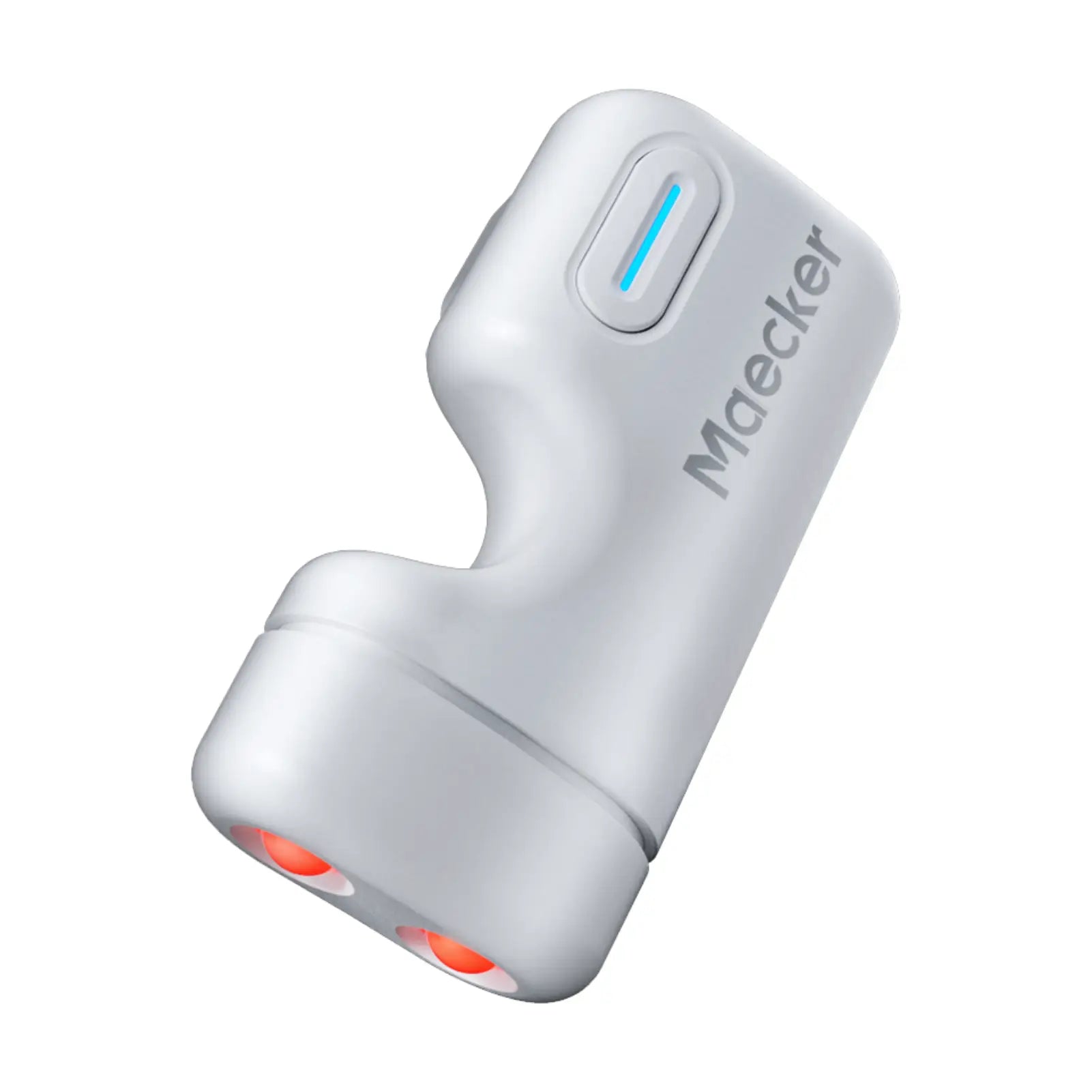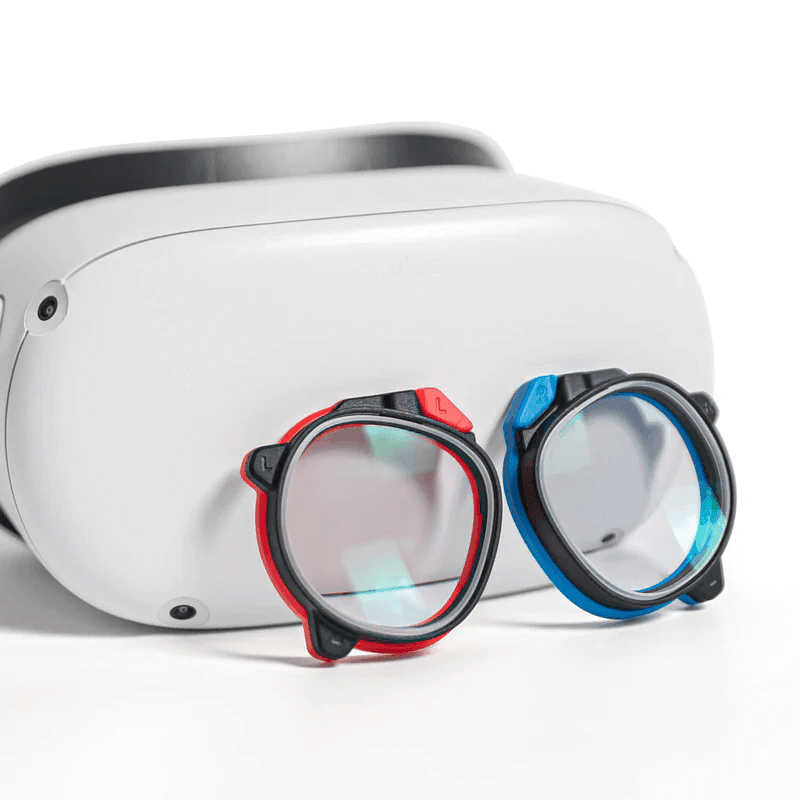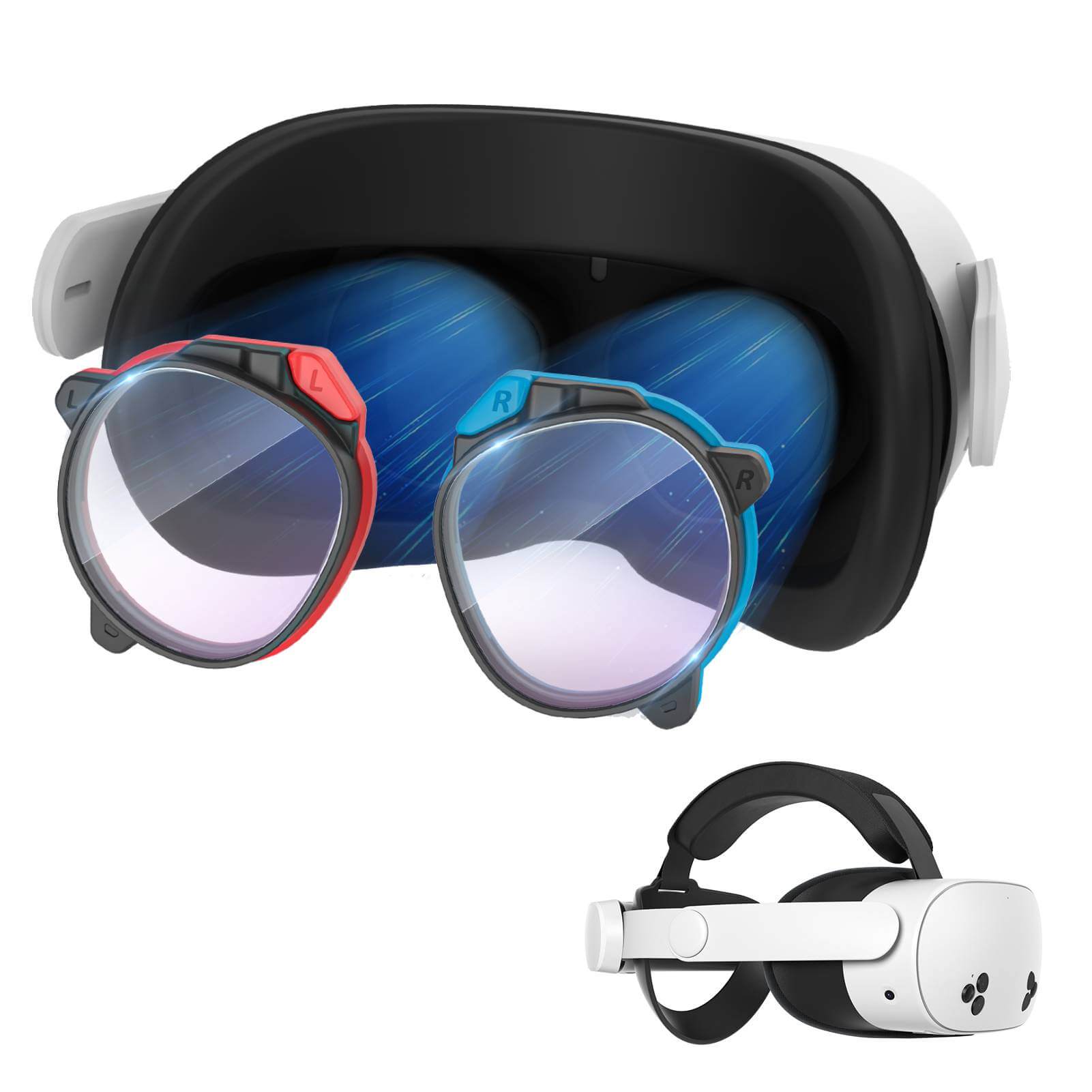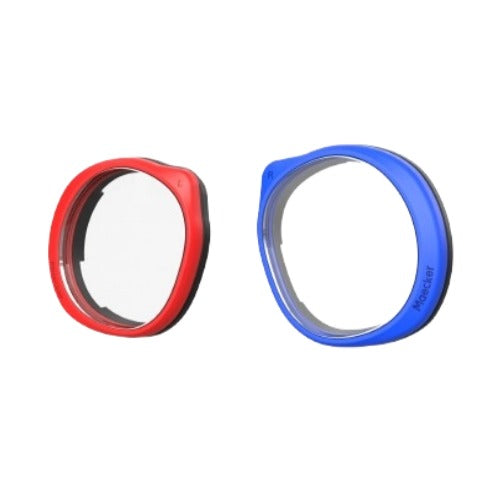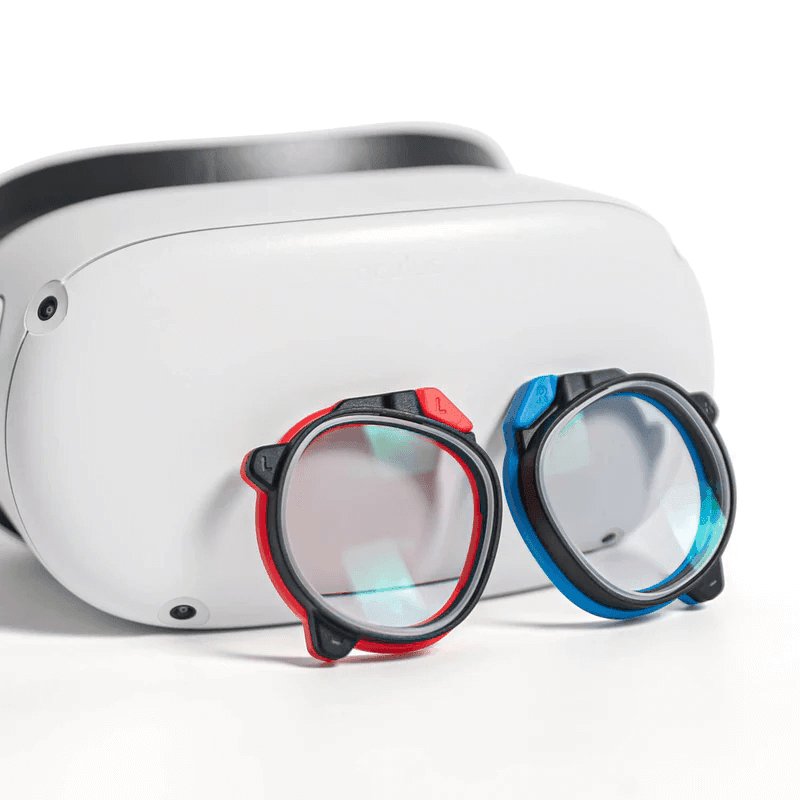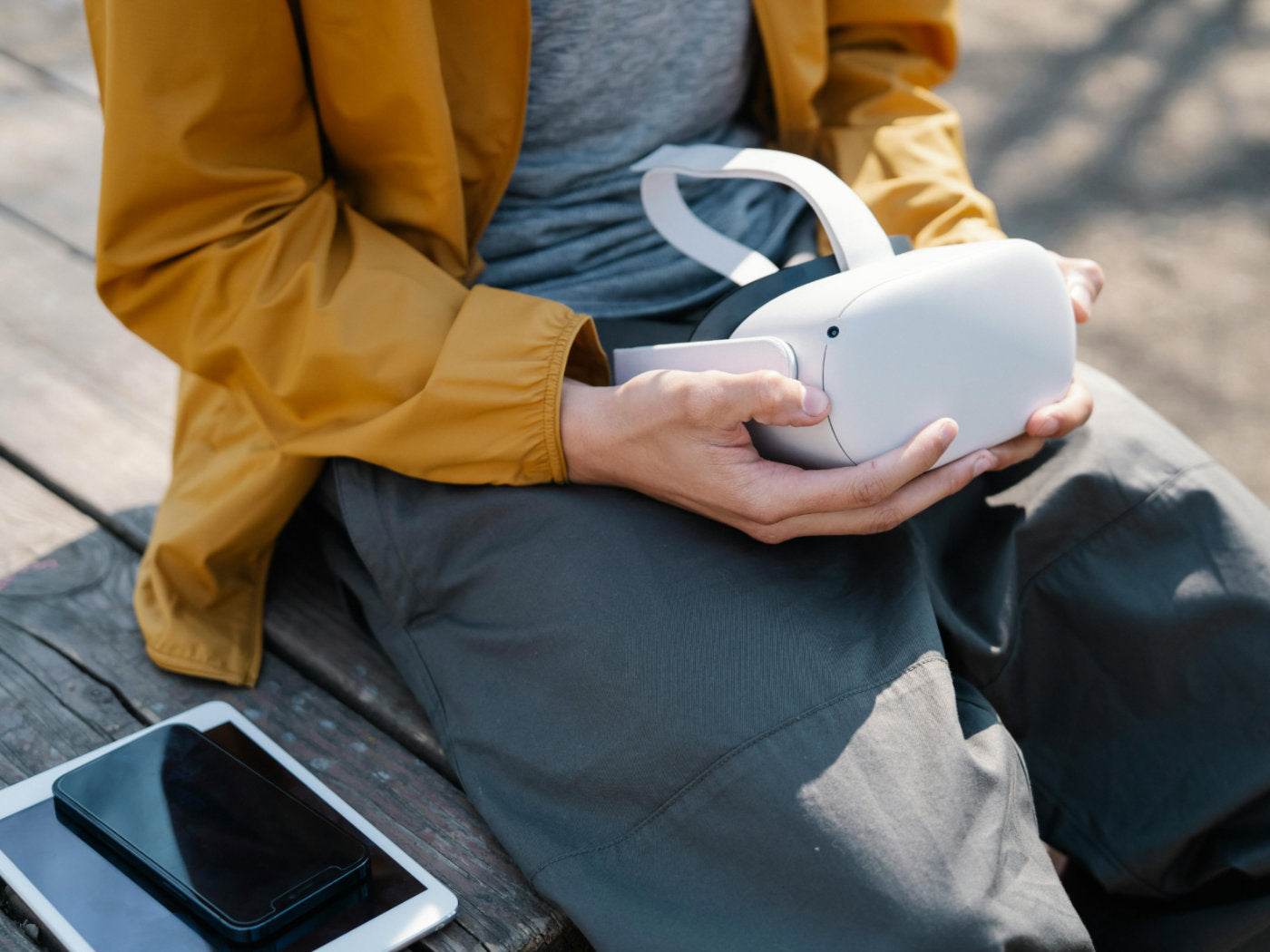Meta has long been a major player in the virtual reality space and both of these headsets are great options for different kinds of users. While the Quest 2 has been a popular choice for a budget-friendly VR experience since its release, the newer Quest 3S brings updated features, improved performance, and a slightly higher price. Let's break down their specs and differences to see which headset is the best pick for you.
Price and Availability
The Meta Quest 3S launched in October 2024 as the replacement for the Quest 2 in the budget VR market. Priced at $299 for the 128GB model and $399 for the 256GB version, it sits slightly above the last available price for the Quest 2, which started at $199. The price difference could raise the question for potential buyers: is it worth paying the extra $100 for the newer model? The answer largely depends on what you're looking for in terms of performance and features.
The Quest 2 is harder to find as Meta phased it out to make way for the Quest 3S. However, if you come across it at its last listed price, it’s still a great budget-friendly option. That said, the Quest 3S's improvements in RAM, CPU, and other areas might make it a better long-term investment.
Design And Comfort
Both headsets have similar designs, but the Quest 3S introduces some thoughtful tweaks. It’s slightly larger and heavier than the Quest 2, weighing about 514 grams compared to the Quest 2’s 503 grams. This weight difference is minor but the design adjustments in the Quest 3S make it more comfortable for extended use. The fabric-woven facial interface replaces the foam of the Quest 2, offering a softer and more breathable fit.
For those who wear glasses, the four-step spacer on the Quest 3S adds more room between your eyes and the lenses, making it a better option for glasses wearers compared to the spacer insert of the Quest 2, which doesn't offer as much space. The Quest 3S also has a more curved shape to reduce wobbling during use, which is a nice touch for those who like active VR experiences.
Another notable upgrade in the Quest 3S is the audio system. While the Quest 2 features a single speaker per temple, the Quest 3S offers two speakers with 40% more volume and improved sound quality. The audio is richer, with deeper bass and crisper tones, making your VR experience more immersive.
Display And Optics
When it comes to display quality, both headsets feature 1832 x 1920 LCD screens with 120Hz refresh rates. This provides a smooth and crisp visual experience for VR games and apps. However, the Quest 3S offers a slightly wider 96° horizontal field-of-view (FOV) compared to the 90° on the Quest 2. This wider FOV provides a bit more peripheral vision, enhancing the feeling of immersion in virtual environments.
Both headsets use Fresnel lenses, which are standard in VR headsets for their ability to focus light efficiently. Though not much has changed in lens quality, the Quest 3S’s RGB passthrough mode makes a difference. While the Quest 2 only offers greyscale passthrough, the Quest 3S brings full-color passthrough, making augmented reality experiences much more vibrant and lifelike.
Performance And Battery Life
Here's where the real upgrades come in. The Meta Quest 3S features the newer Qualcomm Snapdragon XR2 Gen 2 CPU and Adreno 740 GPU, which represent a significant jump in processing power compared to the Gen 1 XR2 and Adreno 650 found in the Quest 2. Along with this upgrade, the Quest 3S has 8GB of RAM, 2GB more than the Quest 2, which means better multitasking and performance across more demanding VR apps and games.
This power boost makes the Quest 3S better suited for handling more advanced AR/VR applications, whether you're exploring immersive environments, playing high-intensity games, or running several apps simultaneously. If you’re someone who wants to future-proof your purchase, the Quest 3S is the obvious winner.
Battery life has also improved. The Quest 3S comes with a 4324 mAh battery, which can last up to 2.5 hours on general usage, while the Quest 2's 3640 mAh battery lasts for about 2 hours. Though not a huge difference, the added battery capacity in the Quest 3S can make a difference during longer VR sessions. Both headsets take around 2.5 hours to fully charge.
Passthrough And Tracking Capabilities
The Quest 3S shines in its passthrough capabilities. As mentioned earlier, it provides RGB passthrough, allowing you to see the real world in full color through the headset. This makes it great for mixed reality experiences, where you can integrate virtual objects into your real surroundings. The Quest 2, on the other hand, only offers greyscale passthrough, which limits the MR experience.
Both headsets feature 6DoF tracking, which tracks both the headset and controller movements in space. However, the Quest 3S uses computer vision and machine learning for more accurate tracking, improving the responsiveness and precision of your movements.
Controllers And Haptics
Both headsets come with Quest Touch controllers but the Quest 3S includes an upgraded version called Quest Touch Plus. These controllers have enhanced TruTouch variable haptics, providing more nuanced feedback, making interactions and gameplay feel more immersive. The design is also more ergonomic, and the removal of the tracking ring from the top of the controller makes them easier to handle.
In comparison, the Quest 2 controllers have more basic haptic feedback but are still comfortable for extended use. Both headsets are also compatible with Meta’s high-end Touch Pro controllers, should you want to upgrade in the future.
Table of Comparison: Meta Quest 3S vs. Meta Quest 2
|
Specification |
Meta Quest 3S |
Meta Quest 2 |
|
Price |
Starting at $299 |
Starting at $199 |
|
CPU |
Qualcomm Snapdragon XR2 Gen 2 |
Qualcomm Snapdragon XR2 Gen 1 |
|
GPU |
Adreno 740 |
Adreno 650 |
|
RAM |
8GB |
6GB |
|
Storage |
128GB / 256GB |
128GB / 256GB |
|
Optics |
Fresnel |
Fresnel |
|
Display Type |
Single LCD |
Single LCD |
|
Resolution |
1832 x 1920 |
1832 x 1920 |
|
Refresh Rate |
120Hz |
120Hz |
|
Field of View |
96° Horizontal FOV |
90° Horizontal FOV |
|
Pixels Per Degree (PPD) |
20 PPD |
20 PPD |
|
Passthrough |
Full-color RGB, 4MP |
Greyscale |
|
Audio |
Dual speakers with 40% louder volume |
Single speaker per temple |
|
Tracking |
6DoF with RGB passthrough and IR sensors |
6DoF with IR-based tracking |
|
Controllers |
Quest Touch Plus with TruTouch haptics |
Standard Quest Touch controllers |
|
Battery |
4324 mAh, 16.74Wh (up to 2.5 hours) |
3640 mAh, 14Wh (up to 2 hours) |
|
Weight |
514g / 18.1oz |
503g / 17.7oz |
Final Verdict: Should You Upgrade Or Buy New?
If you're looking to get into VR or upgrade your current headset, the Meta Quest 3S is a compelling option. It offers improvements in performance, tracking, passthrough, and comfort, making it a solid choice for anyone serious about VR. At $299, it’s more expensive than the final price of the Quest 2, but the upgrades in RAM, CPU, and overall design make it worth the extra cost.
For current Quest 2 owners, the decision to upgrade depends on how much you use your VR headset and what features you prioritize. If you're into high-performance gaming or AR experiences, the Quest 3S will provide a smoother, more immersive experience. However, if you’re mainly using your headset for more casual VR activities and want to save some cash, the Quest 2 will still hold up well for the time being.
The Quest 3S is the better headset in nearly every aspect, from performance to comfort. As the Quest 2 is phased out and becomes harder to find, the Quest 3S is shaping up to be the new go-to option for those seeking a powerful, yet affordable VR experience.
Recommended Meta Quest 3S Accessories
1. MaeckerVR Quest 3/3S Direct-Charge Controller Grips
2. MaeckerVR Quest 3S Battery Head Strap

